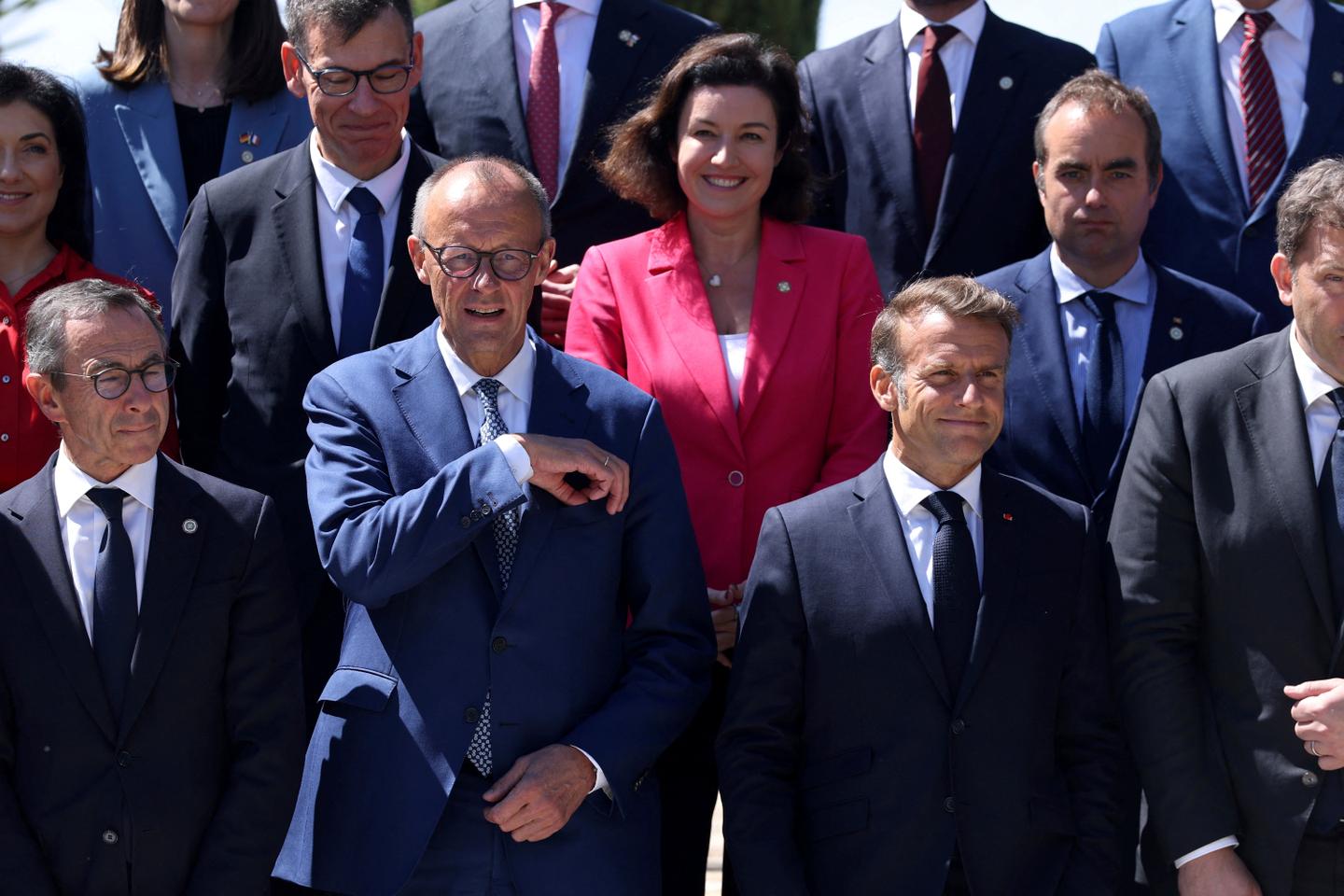
The 25th Franco-German Council of Ministers, which took place on Friday, August 29, in Toulon, southeastern France, made it clear. In Friedrich Merz, Emmanuel Macron has found a counterpart who shares his reformist ambitions and proactive stance on Europe. The warm relationship between the French president and the new German chancellor, who entered office just under four months ago, sharply contrasts with the tense cordiality that marked his three-and-a-half-year partnership with Olaf Scholz.
With the geopolitical upheavals shaking the world, and with US President Donald Trump’s policies, especially in terms of trade, putting considerable strain on the cohesion of the European Union, such an understanding between the leaders of the continent’s two largest countries is essential. But it is not enough.
The roadmap presented in Toulon made it clear the two leaders intend to overcome recent years’ disagreements on the most sensitive topics, including energy, trade, space, digital technology and defense. They also reaffirmed their commitment to be at the forefront in ensuring the continent’s security by maintaining active support for Ukraine.
Precarious foundations
Good intentions are one thing, and actions are another. Friday’s meeting did not dispel the pervading uncertainty over how Paris and Berlin intend to provide security guarantees to Ukraine. The most contentious issues between the two capitals were largely set aside: a future air combat system has been seriously stalled, and the dispute over the free trade agreement negotiated with Mercosur countries remains unresolved.
Lack of concrete progress is all the more worrying, given the politically fragile positions of both leaders. One hundred days after taking office, Merz elicits favorable opinions among only 32% of the German public, compared to 56% for Scholz and 74% for Angela Merkel at the same stage in their terms. As Germany passed the threshold of three million unemployed for the first time since 2015, the chancellor enters his first autumn at the head of a coalition already severely strained by internal divisions. The far right has nearly 25% support in voting intentions, a unprecedented level in Germany since the end of World War II.
In France, Macron’s political base is even more precarious. Even though the Constitution gives the French president more room for maneuver than the German chancellor, the expected fall of the government of Prime Minister François Bayrou on September 8 threatens to plunge the country into a political crisis that would add to an already worsening economic and budgetary situation.
At the Toulon meeting, Macron sought a reassuring tone. Promising to « fulfill to the end the mandate entrusted to [him] by the French people, » and refusing to engage in « political fiction » about a possible new dissolution of the Assemblée Nationale, the president stated that the « roadmap » signed with Germany has « committed France in the longer term. » At his side, Merz also struck a confident note. « The Franco-German engine has been restarted again, » he said with satisfaction. But for that engine to run, it needs more than just determination. It also needs stability, and that is a condition that France is currently struggling to ensure.
Poster un Commentaire